Removing institutional bottlenecks for development
The draft political report submitted to the 14th National Party Congress frankly acknowledged that development thinking has not kept up with world development trends, policy responses have not been timely, and development institutions have been slow to be adjusted and synchronously perfected, failing to meet the requirements of rapid and sustainable national development in the new period.
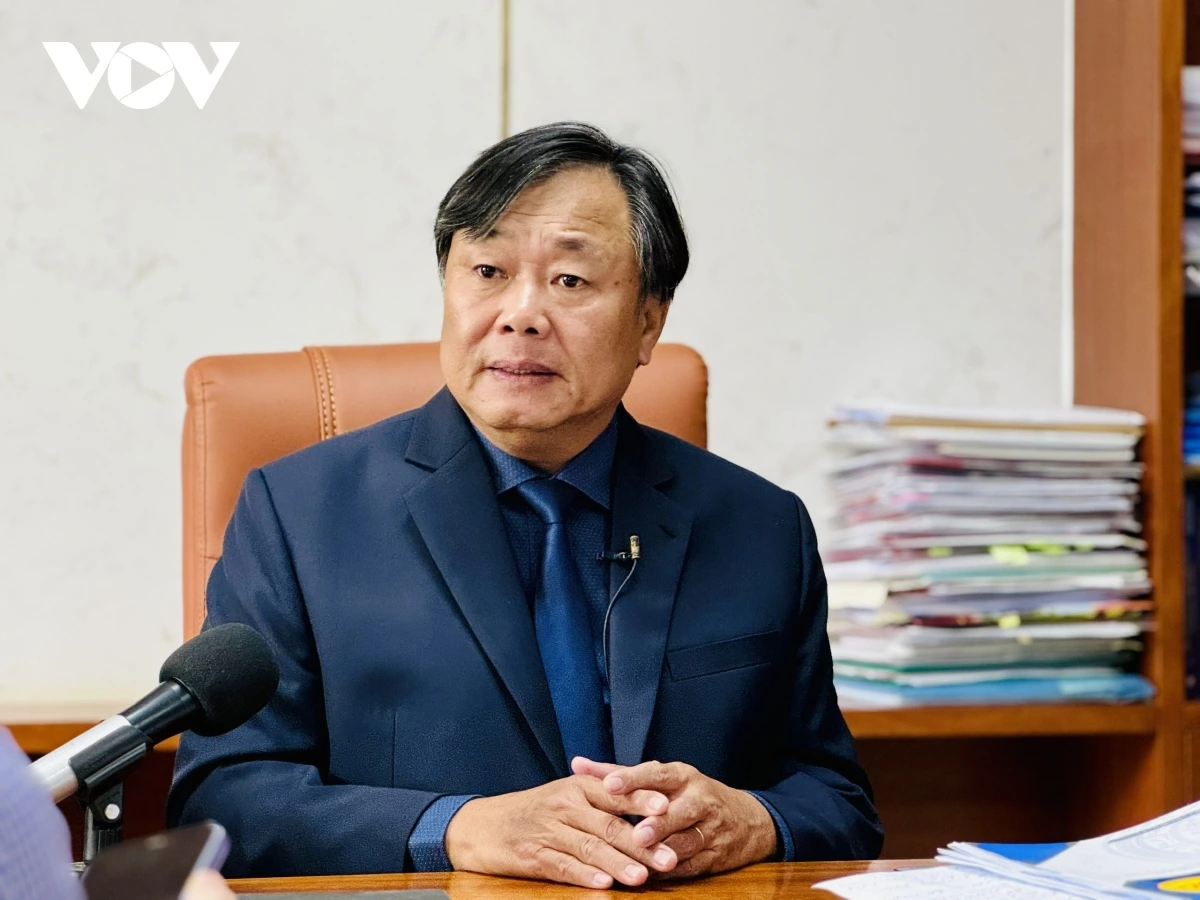
Associate Professor, Dr. Nguyen Quoc Dung
According to Associate Professor Dr. Nguyen Quoc Dung, former Director of the Regional Political Academy 2, in the Party's documents, three bottlenecks in development are emphasized. These are bottlenecks in institutions, infrastructure and human resources, especially high-quality human resources.
In directing the preparation work for the 14th National Party Congress, General Secretary To Lam continued to emphasize that institutions are the bottleneck of bottlenecks. Therefore, this bottleneck must be removed to move towards sustainable development.
“Researchers believe that institutions are a driving force of development. Dismantling institutions and building institutions means promulgating and enforcing laws, concretizing the Party and State's policies and guidelines, and putting them into practice - then that becomes the driving force of development. Therefore, solving institutional issues, institutions and institutions, creates sustainable development” - Associate Professor, Dr. Nguyen Quoc Dung stated.
Dr. Nguyen The Khang, University of Finance and Marketing (UFM), said that in recent times, Vietnam has closely followed the 17 Sustainable Development Goals (SDGs) of the United Nations. These goals cover the following issues: sustainable economic development; sustainable energy and resources; and sustainable social development.
Vietnam has achieved many encouraging results in the goals of infrastructure development, sustainable poverty reduction, and universal education. In particular, the implementation of tuition exemption is an important step to ensure access to education for all people.
In the economic sustainable development goals, the whole country is making efforts to implement circular economy and green economy. There, businesses have gradually built sustainable development reports, demonstrating responsibility to consumers and the environment.
Dr. Nguyen The Khang commented: “In the near future, the Party's resolutions should focus on the goals that Vietnam has not yet achieved to continue building towards sustainability, based on the United Nations' sustainable development goals. The State needs to gradually incorporate into the law issues related to transformation and innovation. Enterprises that apply innovation, science and technology towards sustainable development will enjoy tax incentives.”
To concretize sustainable development goals, research by Dr. Tran Trung Kien, Director of the Tax Program, Faculty of Public Finance, University of Economics, Ho Chi Minh City, said that it is time for Vietnam to switch from the current environmental protection tax to carbon tax.

Experts say that if carbon tax replaces environmental protection tax, it will create stability and transparency in tax policy, helping businesses feel secure in investing in technological innovation. Illustrative photo
According to Dr. Kien, applying carbon tax is an inevitable step for Vietnam to both increase budget revenue for environmental protection and create motivation for businesses to innovate technology, reduce emissions, and move towards sustainable development in the digital age.
To do this, first of all, there must be policies and institutions to build laws and implementation roadmaps, and policies to support businesses. In the long term, if carbon tax replaces environmental protection tax, it will create stability and transparency in tax policy, helping businesses feel secure in investing in technological innovation.
“In the long term, it is necessary to switch from an environmental tax model to a carbon tax, changing the approach, not answering what is taxed but answering how businesses produce to be taxed. I think this is fairer and more effective. Any producer who emits a lot of CO2 during the production process must pay tax. This also encourages businesses to improve their products, use advanced technology, limit emissions, and be more environmentally friendly,” Dr. Tran Trung Kien suggested, adding that this carbon tax model has been applied by many countries, proving its effectiveness, both expanding the tax base and ensuring fairness between industries.
Institutions must keep up with development.
Many experts suggest that the State needs to gradually institutionalize new policies such as green taxes, green public spending and innovation support mechanisms to ensure the legal framework keeps up with global trends.
Associate Professor Dr. Nguyen Quoc Dung, former Director of the Regional Political Academy 2, cited the story of Ho Chi Minh City's growth thanks to its outstanding institutions, especially Resolution 98 of the National Assembly, which set out 44 specific mechanisms for the city. This shows that the institutional breakthrough has helped Ho Chi Minh City to resolve projects and constructions that are stuck in terms of finance and investment...
But now, after merging with Binh Duong and Ba Ria - Vung Tau, Ho Chi Minh City is developing in the direction of a multi-centered megacity. The city will be a center of industry, logistics, tourism, international finance, cultural industry, healthcare, etc. And for that to become a reality, Ho Chi Minh City to become a strong development pole of the country, competing with regional cities, it needs to be legalized on this issue.

Institutionalizing many issues not only removes bottlenecks but also conforms to international practices. Illustrative photo
According to Associate Professor Dr. Nguyen Quoc Dung, it is time to stop using specific regulations, because if all localities propose to be specific, the general law will be broken. Instead, based on the situation of the city after July 1, 2025, in terms of geography, people, location, role, and mission of a megacity, there needs to be an urban law, clearly stipulating that when a locality reaches certain standards, there will be development mechanisms accordingly, which will be more sustainable.
“The success of Ho Chi Minh City in recent times has many reasons, including institutional breakthroughs. It is clear that institutions have extremely important theoretical and practical significance. To ensure that institutions develop sustainably, they must be legalized. We need to come to the mindset that we should not build specific regulations for localities, but should concretize them into laws to apply to the whole country. If any locality meets that standard, the law will be applied. That will be appropriate, but if we divide them into specific A, B, C... it will be very scattered, fragmented, difficult to do and localities will follow that specificity,” Associate Professor Dr. Nguyen Quoc Dung emphasized.
According to Dr. Vu Thanh Tu Anh, Fulbright School of Public Policy and Management, recently, many Party resolutions have clearly identified the driving forces of growth and sustainable development. These are science and technology; innovation, digital transformation; private economy alongside FDI and state-owned enterprises; transformation of value chains, upgrading of workers' skills and improvement of institutional systems and infrastructure.
However, it is more important to promote institutional implementation, deploying policies and regulations into practice for development.
“Institutions are soft infrastructure, while hard infrastructure such as electricity, roads, highways, airports, ports, data - telecommunications infrastructure, data infrastructure, information infrastructure... all must support each other. However, the important thing here is how to translate those policy designs into actual implementation, this has always been a bottleneck. Because many of our policies, strategies are correct, orientations are correct, policies are correct, but when it comes to implementation, they get stuck” - Dr. Vu Thanh Tu Anh shared.
Experts suggest that the draft document to be submitted to the upcoming 14th National Party Congress will devote a lot of time to the issue of focusing on prioritizing the synchronous construction of institutions for sustainable development, focusing on the legal system, mechanisms, and policies, in order to promptly and thoroughly remove bottlenecks and bottlenecks.
This will promote innovation, ensure synchronization and harmony between growth and development; between economy, society, environment and national defense, security and foreign affairs; between innovation and institutional improvement with focused and comprehensive transformations in all fields, in line with the 3-level government model, meeting the requirements of rapid and sustainable national development in the new era.
Source: https://moit.gov.vn/tin-tuc/huong-toi-dai-hoi-dang-bo-chinh-phu-va-dai-hoi-xiv-cua-dang/gop-y-du-thao-cac-van-kien-dai-hoi-xiv-hoan-thien-the-che-cho-phat-trien-ben-vung.html





![[Photo] Prime Minister Pham Minh Chinh chairs meeting on railway projects](https://vphoto.vietnam.vn/thumb/1200x675/vietnam/resource/IMAGE/2025/10/23/1761206277171_dsc-9703-jpg.webp)
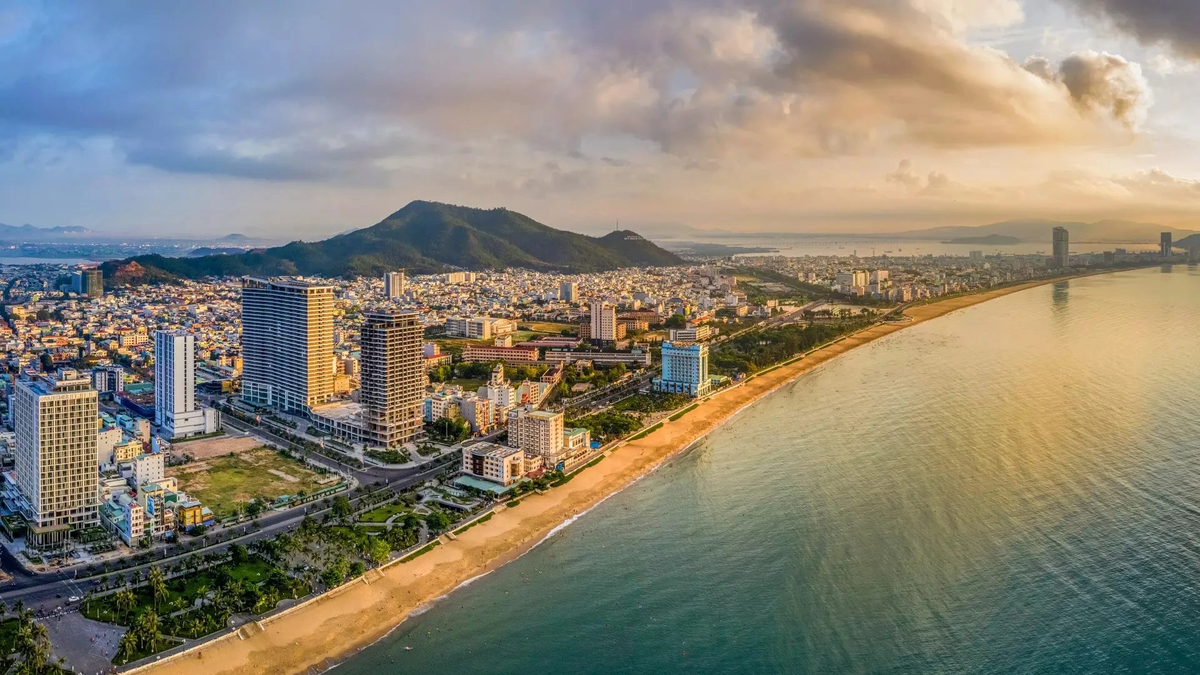




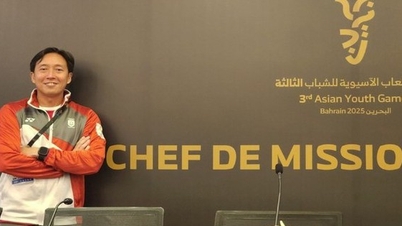


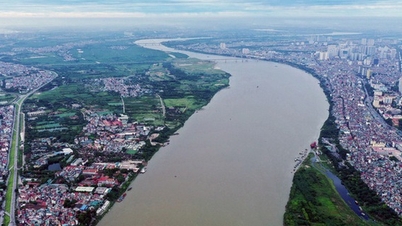





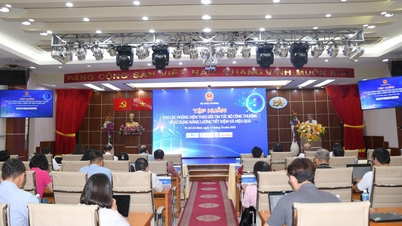


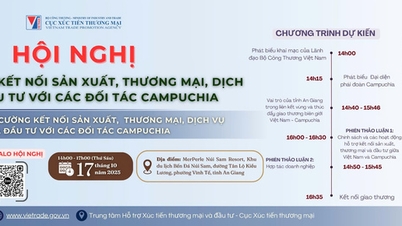







































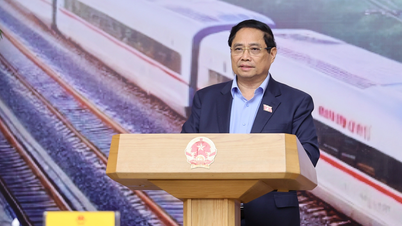








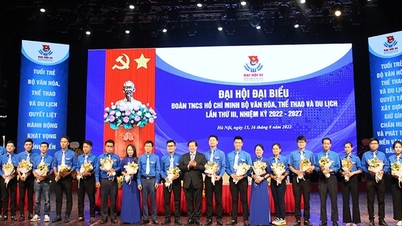



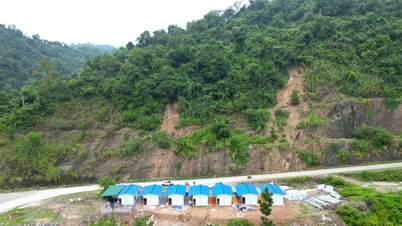

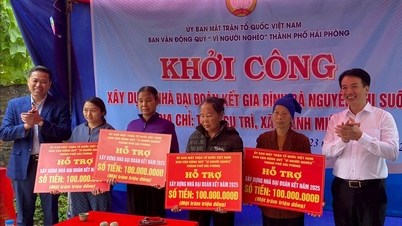

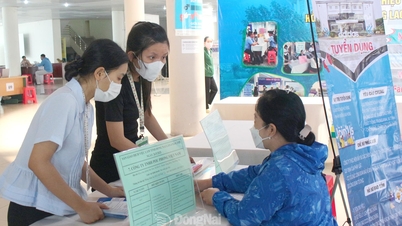
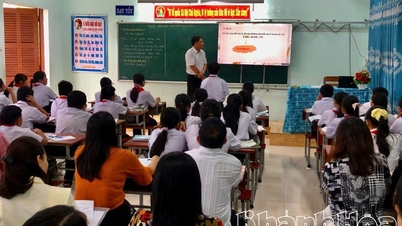
















Comment (0)